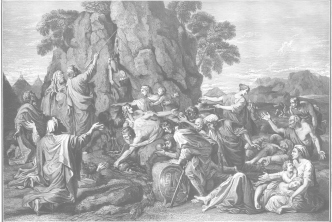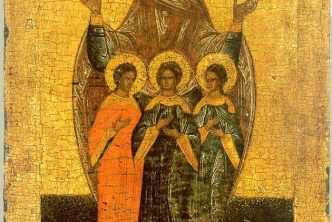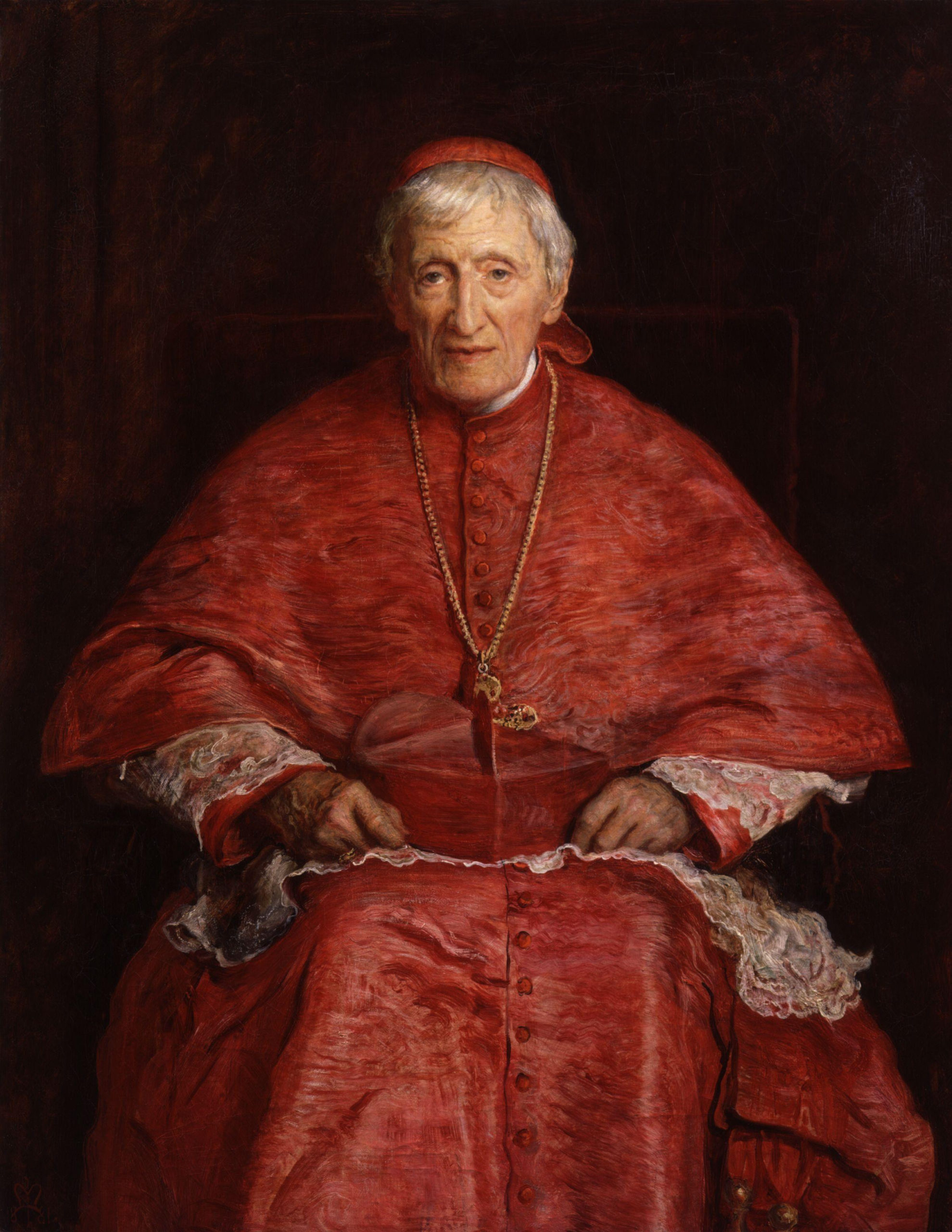
By Oliver Davies, excerpted from this month’s free Catholic book.
It is natural for travelers to hurry on to their homeland; it is natural too that they should experience anxiety on the roadway and peace when they arrive home. And so we too who are on the road should hasten on, for the whole of our life is like one day’s journey. Our first duty is to love nothing here, but to love the things above, to desire the things above, to relish the things above and to seek our home there, for the fatherland is where our Father is.
Thus we have no home on earth, since our Father is in heaven. And indeed, if he is everywhere by virtue of his power and the greatness of his divinity, he is deeper than the ocean, more stable than the earth, broader than the world, purer than the air, higher than the sky, and more brilliant than the sun. But he dwells openly in the heavens, where he is the “bread of angels” (cf. Ps 78:25) who, as his retinue, inhabit the blessed region of the first heaven and enjoy the sight of God.
But since our weaker nature could not endure the pure nature of the invisible God, God, who contains all things and outside whom there is nothing, allotted to the highest virtues the first region of the knowledge of himself, enclosed by the first heaven and tempered by the waters above. For unless that nature of the first heaven were tempered by the waters, it would be set on fire by the virtue of the highest God and could in no way be endured by lower natures. And so, while being present to everyone everywhere, God remains invisible. For he who created all things from nothing is greater than all that can be seen whole, and greater than all that is, and thus when he is seen, he is invisible, since he alone knows who he is and how great he is. But let us pray to him, for although he is invisible and unfathomable, God the Trinity is still known and present to us, according to the degree of our purity.
Let us pray to him, I say, while we are here, so that there we may enter in more intimately and understand more clearly. Singing as we progress on our journey, let us say: “Let us run after you, toward the scent of your perfumes” (Sg 1:3) and “my soul has cleaved to you” (Ps 63:8), and “draw me after you” (Sg 1:3), so that with the help of these songs we may pass more swiftly through this world and governed from above we may spurn the things of the present, and thinking only of the things of heaven, may turn our back on earthly things. Unless we are filled with the urgent longing of heavenly desires, we shall necessarily be ensnared in earthly ones.
This post is adapted from Celtic Spirituality (Paulist Press, 1999), Verbum’s free book of the month.






What is Sg 1:3 refer to???
Pete,
It refers to Song of Songs 1:3. The translation quoted in the passage is similar to the Vulgate.